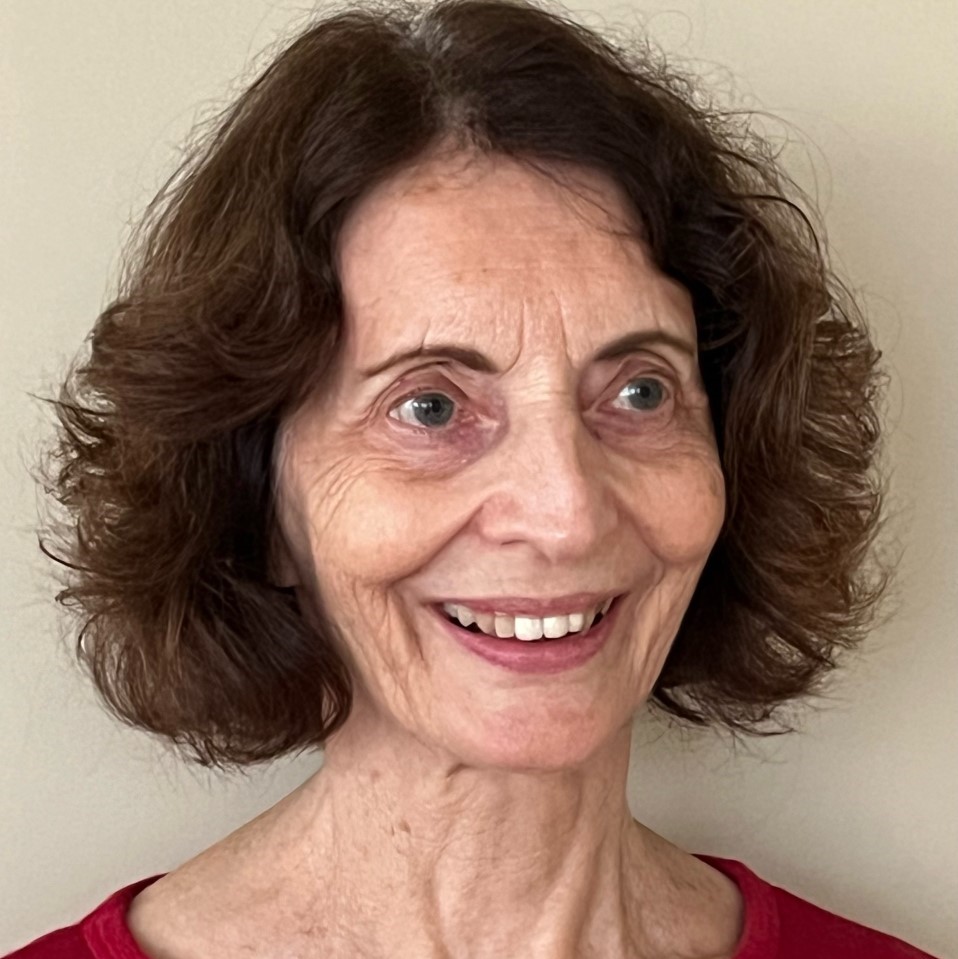
Maxine Pfannkuch (University of Auckland, NZ)
Abstract
In response to technological changes, calls for reform, societal demands, and research into students’ reasoning, the last three decades have heralded many changes in statistics education. As the data revolution increasingly impacts our lives, statistics education must continually respond to prepare students for a data-driven world. In this reflection on our research, I discuss how our research evolved from characterizing statistical thinking to uncovering many gaps in the school curriculum towards empirical inference. Identifying the rich network of interconnecting ideas that underpin statistical thinking and reasoning and enhancing students’ understanding of them brought many challenges. Fostering learning from data meant paying attention to both data producer and data consumer aspects by enculturating students into the spirit of being data detectives and by nurturing their disposition to question and interrogate data-based information. Other challenges were creating interactive visualizations for conceptual development and inventing language to enable students to reason from data. To conclude, I will point out some current emerging trends in statistics education research as we move into a post-pandemic period and data science era.
Bio Sketch:
Maxine Pfannkuch is an Honorary Associate Professor in the Department of Statistics at Auckland University, New Zealand. Before completing her PhD in 1999 on characterizing statistical thinking, she worked as a secondary mathematics teacher, HOD, mathematics adviser, and teacher educator. Her research interests centered on enhancing 11-to-20-year-old students’ statistical and probabilistic reasoning and statistical literacy, as well as conceptual understanding using dynamic visualizations. She was Editor of SERJ (2014-2018). She has been involved in the development of the school statistics curriculum in New Zealand for over 35 years and in supporting teachers’ professional learning including masters and theses research projects.
